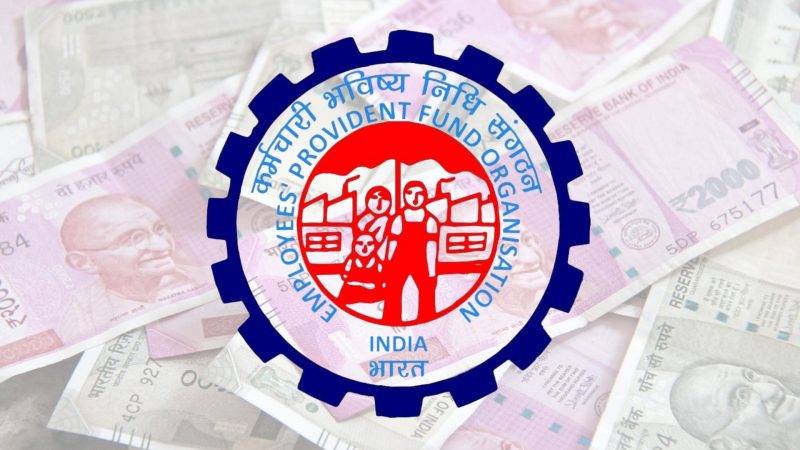
New EPFO Update: Notice For Employees! Never Withdraw PF After Changing Job, You Will Get Interest Up To 3 Years, Check Rules
EPFO – Your Provident Fund (PF) and what happens to it when you leave a job
When you leave a job, whether voluntarily or due to being let go, you might wonder about your PF. What should you do with it? Should you withdraw the entire amount right away? Let’s delve into this and learn about some smart options that could benefit your financial future.

It’s important to consider that withdrawing your complete PF balance immediately after leaving your job might not be the wisest choice. This could lead to missing out on potential benefits in the long run. Your PF isn’t just money you get when you leave a job; it’s a savings fund for your future, and it also plays a role in pension continuity.
So, what’s a better approach? One option is to continue your PF account by either joining a new company or linking it to an existing one. Even if you retire and don’t need the funds right away, keeping your PF invested for a few more years can be beneficial.
Here’s what you need to know about what happens to your PF account and the deposited amount after you leave your job.
Keep earning interest on your PF after you leave
Experts suggest that when you leave a job, whether by choice or circumstance, it’s a good idea to let your PF sit for a while, especially if you don’t urgently need the money. The interest on your PF continues to accumulate even after you’ve left your job. You can also transfer this PF to your new employer when you find new employment, streamlining your savings.
This option is available for up to three years
Your PF account can keep accruing interest for up to 36 months (that’s three years!) after you’ve left your job. It’s important to note that if you haven’t made any contributions during the first 36 months, your PF account might be labeled as “Inoperative.” To prevent this, it’s recommended to make a partial withdrawal before the three-year mark to keep your account active.
Remember, the interest earned might be taxable
While your PF account won’t become inactive just because you’re not contributing, the interest you earn during this period might be subject to taxation. It’s crucial to be aware of this aspect. If you don’t make a claim even after your PF account has become inactive, the unclaimed amount could end up going to the Senior Citizens Welfare Fund (SCWF).
In conclusion, leaving your PF untouched for a few years after leaving a job can be a strategic financial move. It’s like letting your money work for you in the background, building a stronger financial foundation for your future. Whether you’re considering joining a new company or simply waiting, remember these insights about your PF – they could make a significant difference in your financial journey.
Also Read
» Good News!! You Can Now Apply For Ayushman Card To Get Free Treatment Up To Rs 5 Lakh
» Bank Revised FD Interest Rates: This Bank Has Increased The Rates Of Fixed Deposits, Know The New Rates Details Here
» Alert! RBI Introduces New Reforms for Home Loan EMIs to Lenders
» केवल 1 मिनट में ₹50 में ऑनलाइन बनेगा PVC आधार: फटने और गलने से बचेगा आपका आधार कार्ड



